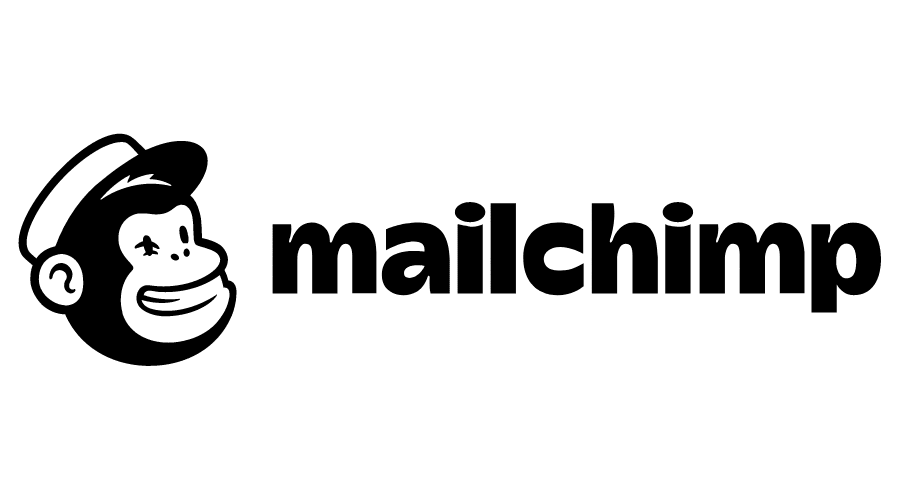People are choosing various type of tools for digital marketing. In this article we are providing the ultimate guide to most popular tools for digital marketing. We are writing a few, but if you wish to read more review articles on it, just go to SM90 – SocialMarketing90.
In today’s fast-paced digital landscape, effective digital marketing is crucial for businesses to thrive. To stay competitive, marketers rely on a plethora of tools designed to streamline their efforts and boost results. In this comprehensive review article, we’ll delve into the most popular tools for digital marketing, discussing their pros and cons to help you make informed choices for your marketing endeavors.
Google Analytics is a web analytics service by Google that provides insights into website traffic, user behavior, and conversions, helping website owners and marketers make data-driven decisions to improve online performance.
- Comprehensive data tracking: Google Analytics offers detailed insights into website traffic, user behavior, and conversions.
- Customizable reporting: You can create customized reports and dashboards to monitor specific KPIs.
- Free version available: A basic version is free, making it accessible to businesses of all sizes.
- Steep learning curve: For beginners, the interface can be overwhelming.
- Limited real-time data: The free version has delayed data updates, while the premium version can be costly for small businesses.
HubSpot is an all-in-one inbound marketing, sales, and customer service platform that helps businesses attract, engage, and delight customers through a variety of digital tools and services.
- All-in-one platform: HubSpot offers tools for email marketing, social media, CRM, and more in one integrated platform.
- User-friendly: It’s known for its intuitive interface and user-friendly features.
- Free CRM: The CRM is free to use and includes basic marketing automation features.
- Pricey for advanced features: Premium features can be expensive for small businesses.
- Limited customization: Some users find the platform’s customization options to be lacking.
SEMrush

SEMrush is a comprehensive digital marketing tool that provides insights and analysis for SEO (Search Engine Optimization), paid advertising, content marketing, and competitive research, helping businesses improve their online visibility and marketing strategies.
- Comprehensive SEO tools: SEMrush provides keyword research, site audit, and competitive analysis features.
- In-depth competitor analysis: You can gain valuable insights into your competitors’ strategies.
- User-friendly interface: It’s relatively easy to navigate for beginners.
- Costly: SEMrush can be expensive for startups and small businesses.
- Steeper learning curve for advanced features: Fully utilizing the tool’s capabilities may require training.
Mailchimp

Mailchimp is an email marketing platform that allows businesses to create, send, and automate email campaigns to engage with their audience and promote products or services.
- Easy email marketing: Mailchimp offers user-friendly email campaign creation and automation.
- Free plan available: Small businesses can start with a free plan.
- Integration options: It integrates with various third-party platforms.
- Limited automation on the free plan: Advanced automation features are only available in paid plans.
- Pricing tiers can get expensive: Costs can add up as your subscriber list grows.
Hootsuite

Hootsuite is a social media management platform that allows users to schedule, publish, and manage content on multiple social media networks from a single dashboard. It also provides analytics and monitoring tools to track social media performance.
- Social media management: Hootsuite allows you to schedule and manage posts across multiple social media platforms.
- Analytics and reporting: It offers analytics to track social media performance.
- Team collaboration: You can collaborate with team members in one central dashboard.
- Limited features in the free plan: The free plan has limitations on the number of social profiles and scheduled posts.
- Learning curve: Some users find it challenging to set up and navigate initially.
Ahrefs is a powerful SEO (Search Engine Optimization) tool that offers in-depth analysis of websites, including backlink analysis, keyword research, and competitive analysis, helping users improve their online visibility and SEO strategies.
- Robust backlink analysis: Ahrefs provides detailed insights into your website’s backlinks and those of your competitors.
- Keyword research: It offers advanced keyword research tools.
- Competitive analysis: You can monitor competitors’ SEO strategies effectively.
- Pricey: Ahrefs can be expensive, especially for small businesses.
- Steeper learning curve: The tool’s extensive features may require time to master.
Final Thought
The world of digital marketing is continually evolving, and the right tools can make a significant difference in your marketing success. Each tool mentioned in this review article has its own set of pros and cons, and the choice ultimately depends on your specific needs and budget. Whether you opt for Google Analytics for data insights, HubSpot for an all-in-one platform, or any of the other tools mentioned, a well-informed decision will help you achieve your digital marketing goals effectively. Evaluate your priorities, test out the options, and select the tools that best align with your business objectives.






